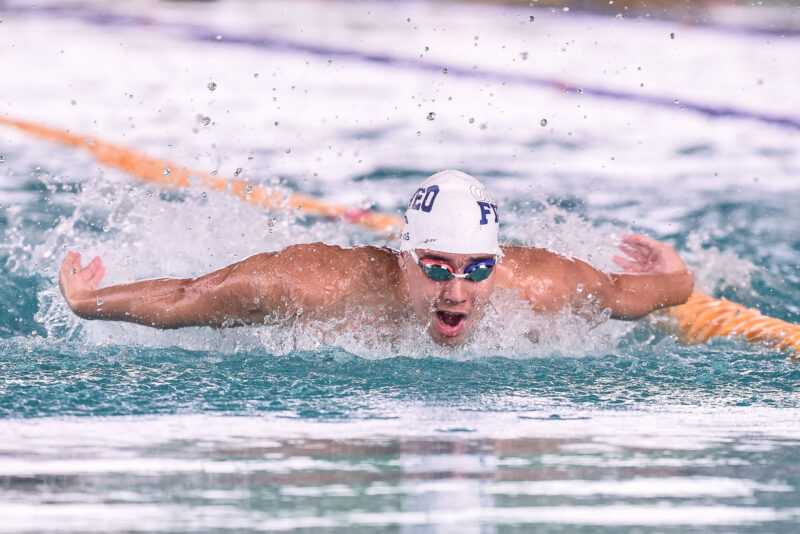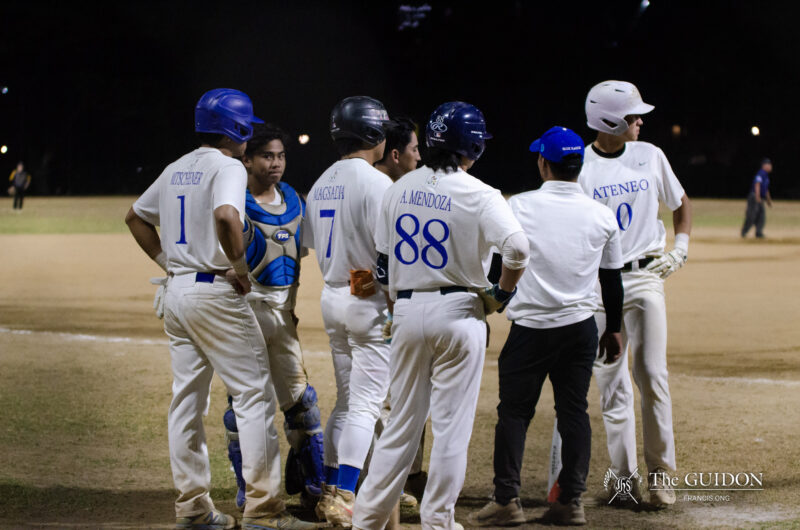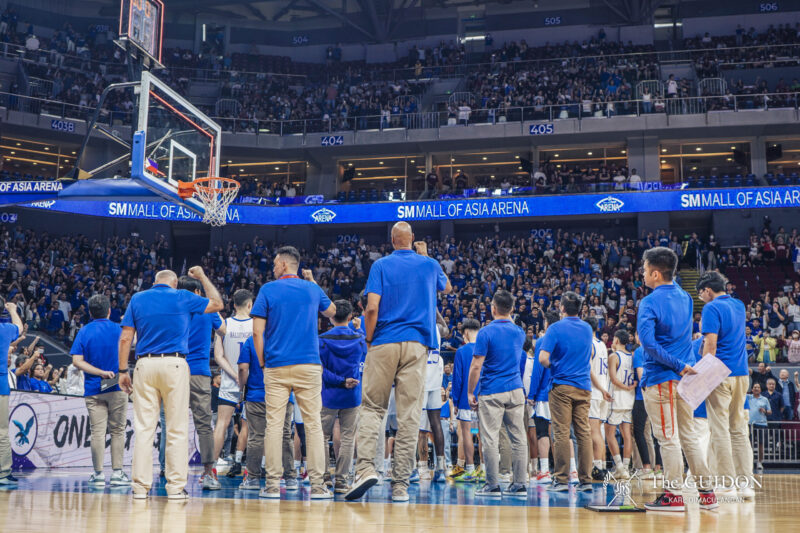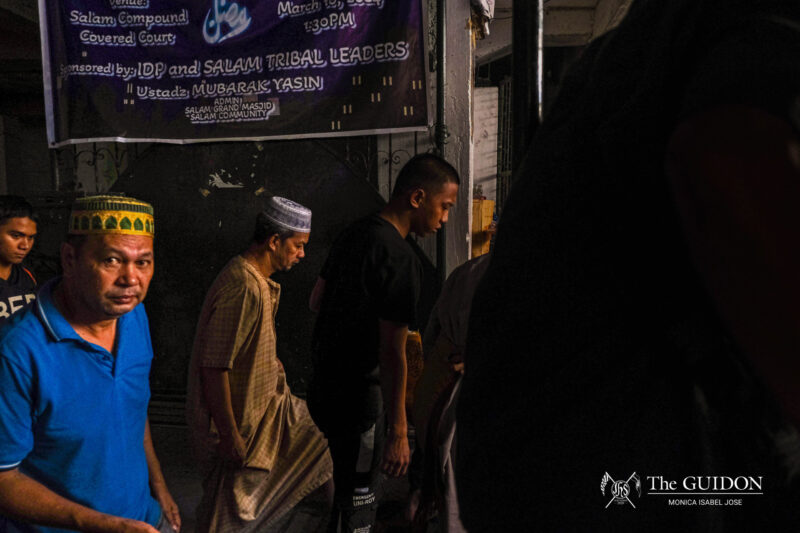THE ATENEO Debate Society (ADS) ADMU A team won the overall championship at the Philippine Inter-Collegiate Debating Championship (PIDC) 2017 held at the Philippine Trade Training Center on June 7. They defeated De La Salle University’s (DLSU) A team.
PIDC is a national debate competition set in the Asian Parliamentary format. This year’s tournament saw 54 teams from 24 participating institutions.
ADMU A was composed of Andrei Buendia (AB-MA POS ‘17), Katrina Chan (IV BS ME), and Mika Filoteo (III BS LM).
Buendia, Chan, and Filoteo were named as first, second, and third best speakers of the tournament, respectively.
Grand finals
ADMU A argued government’s side, defending the motion “This house believes that individuals should prioritize the pursuit of happiness over familial relations.”
In an interview with The GUIDON, Buendia said that ADMU A outshined DLSU A by arguing that there is a conflict between familial relations and the pursuit of happiness.
“We talked about how people have a fundamental obligation to themselves and not their families. The self will be the one to live through the choices made and not the family,” he said.
The team also argued that being born into a family is a matter of circumstance–not a matter of choice, and any barrier to happiness is a barrier to freedom.
Debating abroad
After PIDC 2017, ADMU A will be heading to two competitions: a human rights debate in Bangkok and the United Asia Debating Championships (UADC) in Cambodia.
Though he has already graduated, Buendia will still compete at the UADC. Chan will compete in Bangkok, but will not be able to join the UADC because of her internship. Filoteo is set to compete in both tournaments.
“It will be a challenge to recreate the team dynamic [that] we had, but with the ADS’ deep bench, this should easily be remedied through training,” Buendia said.
Down to his last few tournaments for ADS, Buendia said that the team thanks the Ateneo community for the support and hopes that ADS will continue to “defend titles and earn new ones.”
The national situation
Given the sociopolitical climate in the country, Buendia explained that debating involves more than just competitions because it allows people to be “more critical” of what is happening in society.
“In a period of deteriorating human rights, rising authoritarianism, and terrorism, debating opens our eyes to issues that involve the vulnerable and the oppressed,” he said.







